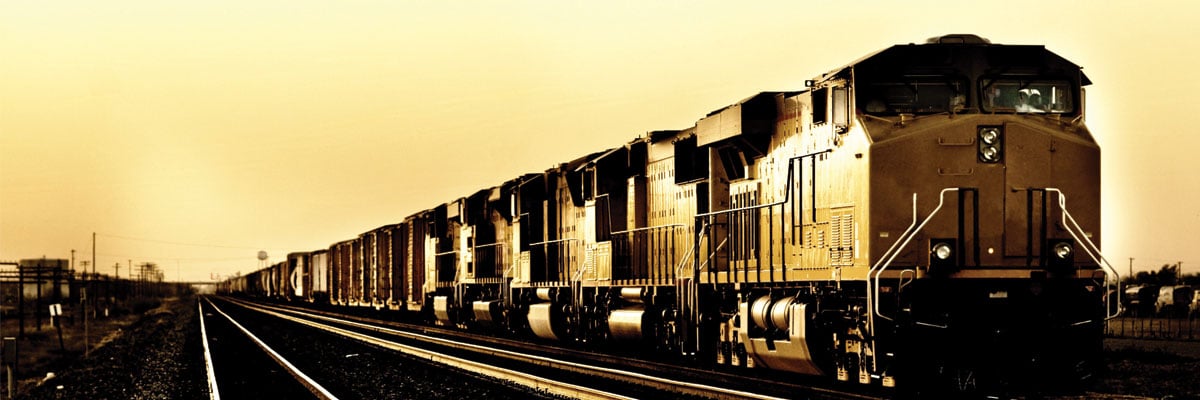I started with Qatar Rail in February 2012. As of August 2019, we have just opened the first metro line in Doha and we look forward to opening the rest of the network, 37 stations – 31 of which are underground – by November 2019.
One of the great challenges for Qatar Rail is doing a railway project in a country that has never seen a train, has no laws relating to railways, no rail safety and no experience in anything in rail. Everything you work on is like starting on a blank sheet of paper.
In terms of some statistics, during the course of the project we brought into the country 21 tunnel boring machines – which has gone into the Guinness World Records. We tunnelled 140km under the city of Doha to build the network. To do that in a country with the heat in summer, that’s a real challenge – and, at its peak in 2018, we had 84,000 people working on the project. So the sheer management of that in any country would be tough.
With regards to the legal challenges, we were setting up and running a company and drafting all of the contracts from square one. This is not like Sydney Trains or Network Rail, where you’ve got suites of contracts and you’ve got a library of technical specifications. Rather, nothing existed – so we had to import it all. Qatar Rail is a company that consists of people who have been working on rail projects all around the world.
The legal challenges included drafting big, complex contracts for an environment which had never seen this type of work before and for contractors coming from overseas – many of whom had never worked in Qatar – to undertake these type of projects. So they were complex from a technical specifications point of view and an engineering point of view. They were a challenge certainly from conditions of contract, the contract style and approach to the procurement.
The challenges in the Middle East, firstly, is the environment; it is quite hostile for three, or four, or five months of the year. Secondly, everything depends on the maturity of the industry you’re working in; if you are working on a rail project in Qatar, then the supply chain can be challenging. For example, the local industries have never made precast concrete rings – let alone 4 million of them. We have never imported tunnel boring machines, set them up and run them under the city. If it’s a fully designed, architecturally specified hotel, then it’s fine. But when it’s new, and it’s different – every aspect of it is a challenge. The government authorities who have to issue approvals and review designs and documents may never have seen some of these things before, so they needed support at every level. We put people inside with government agencies, payment organisations, within the department of environment, and we engage with them directly with the supply chain at various points, to make sure that our contractors were successful. n
